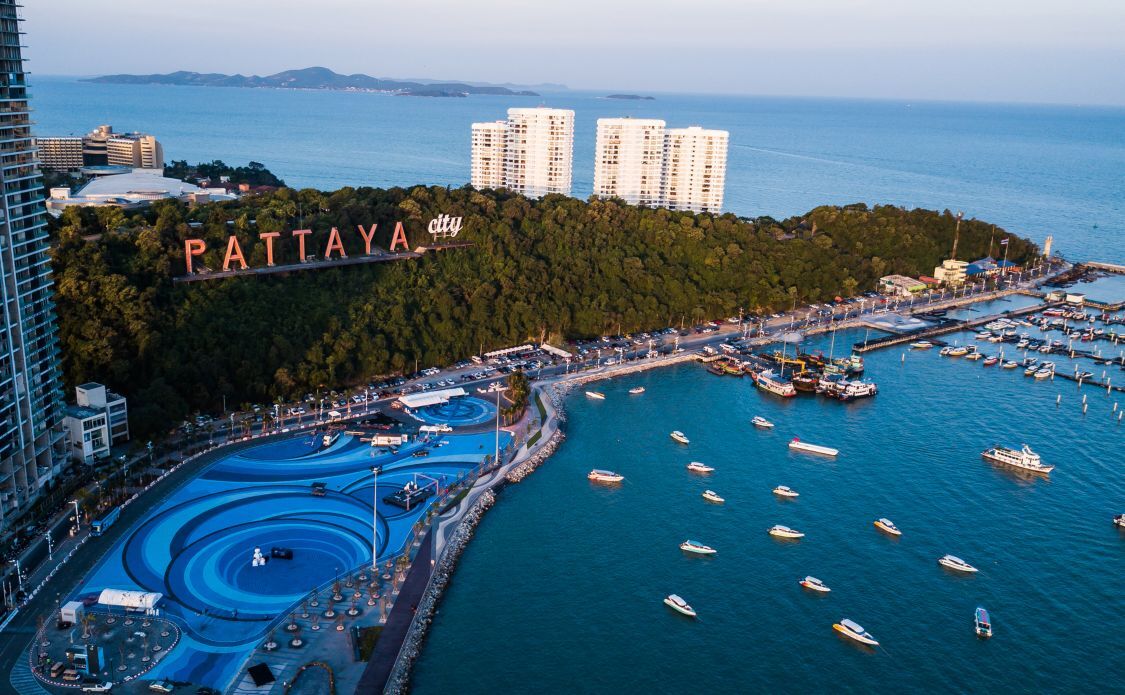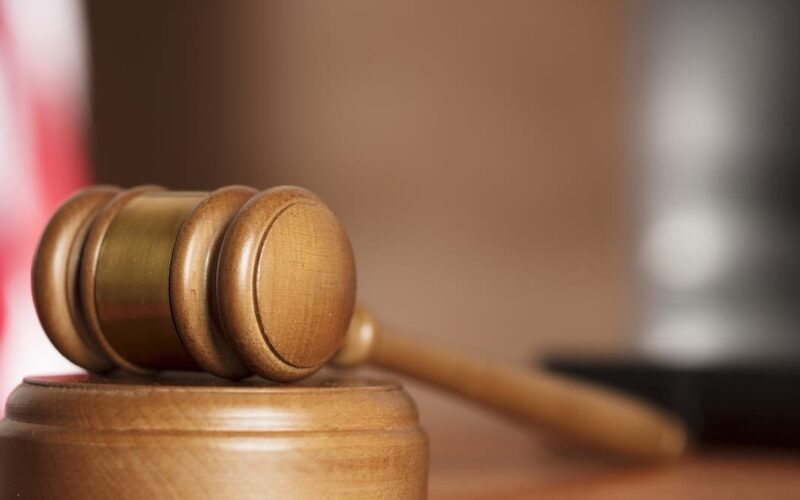The final casino bill that is expected to pass through Thai parliament early next year could look considerably different to the current version, with the government preparing to enter talks with its coalition partners and other stakeholders before moving forward.
As reported by The Bangkok Post, such changes have been flagged by Deputy Finance Minister Julapun Amornvivat who said the government is in no rush to push ahead with the Entertainment Complex Bill and would only do so after ensuring that all partners are on the same page.
“For the project to move forward the details must be debated by all stakeholders,” he said. “The bill will be examined in line with the legislative process. The final version may not be the same as the original as the [scrutiny] committee will come from diverse backgrounds.”
Julapan added that other issues like a flood crisis in the country’s north remained higher priorities and although the bill will be presented to cabinet within this year, the project will take months to become a reality, according to The Bangkok Post.
He also confirmed that no decision has yet been made on where such entertainment complexes will be located, with a committee to ultimately make that determination based on Thailand’s tourism promotion strategy. Feasibility studies conducted by an independent agency would also play a key role in the process.
According to the draft bill, licensees will be granted an initial 30-year license term, reviewable every five years, while there are 10 business types listed that can form part of Thailand’s “integrated entertainment venues” – Department store; Hotel; Restaurant, nightclub, discotheque, pub or bar; Stadium; Yacht and Cruising Club; Gaming; Swimming pool and water park; Amusement park; Area for promoting Thai culture and OTOP products; Other businesses as specified by the Policy Committee.
An entry levy of no more than TBH5,000 (US$148) is expected to be charged to locals.



